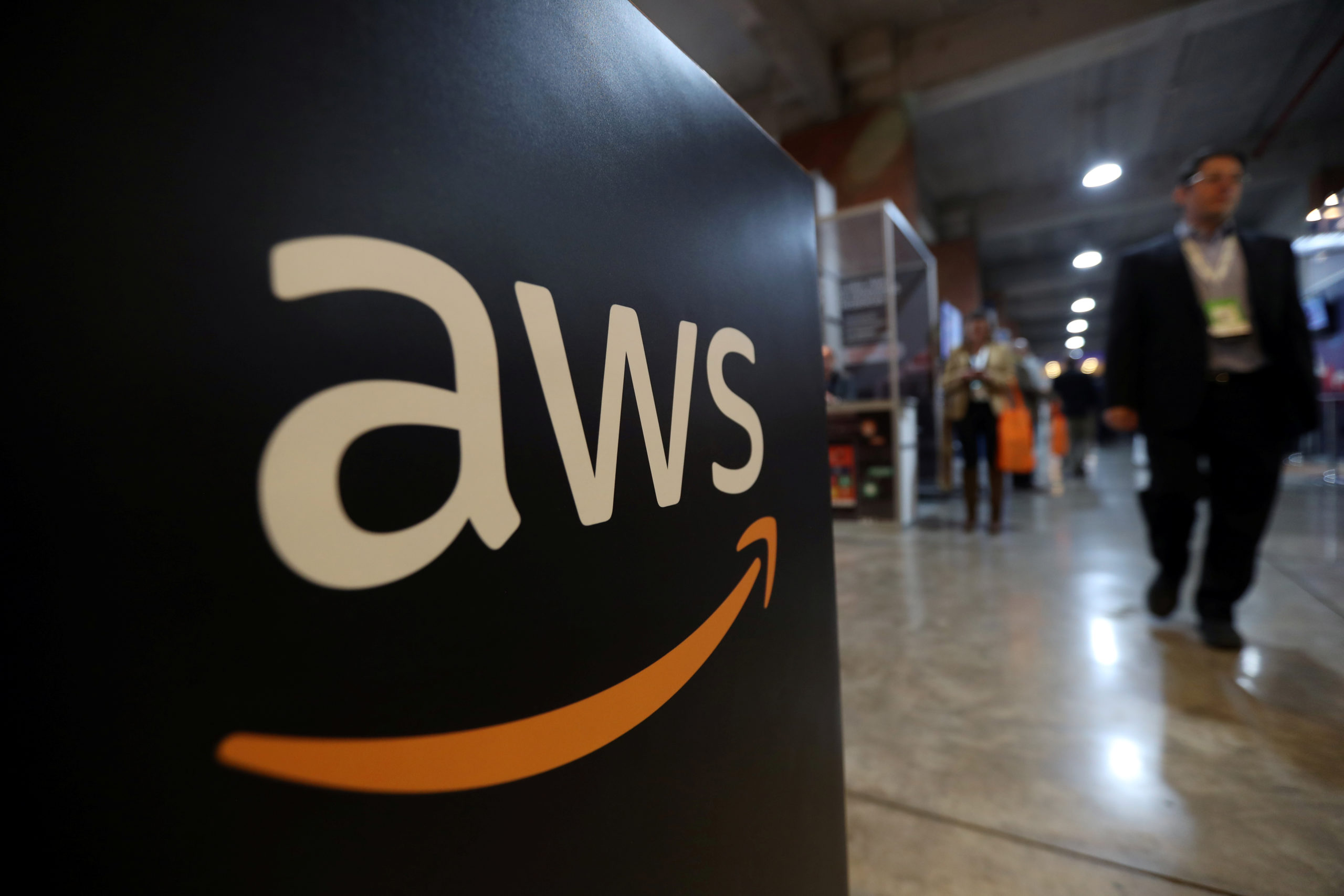
Amazon Web Services (AWS), the global cloud leader that powers numerous Nigerian startups and banks, has begun accepting payments in naira, alongside seven other local currencies for its European customers. This move promises to significantly lower cloud costs for Nigerian companies, many of which host their services in AWS’s European region due to proximity and latency concerns.
Why It Matters
With Nigeria’s naira facing steep devaluation and persistent macroeconomic challenges, the cost of USD-denominated cloud services has skyrocketed—doubling or tripling since 2023. AWS’s shift to local currency payments eliminates costly foreign exchange fees and addresses payment friction caused by local regulatory limits on USD access.
In a statement, AWS said:
“With payments in their local currencies, customers can avoid foreign exchange costs associated with making foreign currency payments. This also removes payment friction for customers in countries where local regulations put limits on the foreign currency amount a customer can access.”
Impact on the Nigerian Cloud Market
AWS’s decision comes as local cloud providers, including Nobus, Layer3, and Okra’s Nebula, have made significant inroads by offering competitive pricing in naira. These homegrown companies have gained traction by appealing to cost-conscious businesses and aligning with Nigeria’s push for economic resilience.
Local providers have pitched their services as more than just affordable options—they position themselves as enablers of economic stability by reducing Nigeria’s dependence on USD-priced services. Many have also fostered relationships with state and federal government agencies, promoting local cloud adoption as a patriotic and practical choice.
AWS vs. Local Alternatives
AWS remains a preferred option for many Nigerian companies due to its robust infrastructure, such as the AWS Local Zones facility launched in Lagos in 2023. The facility reduces latency for Nigerian businesses using AWS’s European data centers. By adding naira payments to its offerings, AWS strengthens its position in the market, countering the growing appeal of local alternatives.
However, the competition isn’t solely about pricing. Nigerian businesses are increasingly prioritizing:
- Local relevance: Providers who understand the complexities of operating within Nigeria’s economic environment.
- Economic alignment: Services that support the broader goal of local economic resilience.
What This Means for Nigerian Businesses
AWS’s move lowers the financial and logistical barriers for Nigerian companies relying on cloud services, offering them:
- Cost Savings: By bypassing FX fees and mitigating currency volatility.
- Simplified Payments: Direct transactions in naira streamline operations, especially for startups and SMEs.
Yet, the presence of local players ensures that Nigerian businesses now have more choices than ever, with AWS’s pricing and infrastructure enhancements facing local competition that continues to grow in sophistication and relevance.
The Road Ahead
AWS’s naira acceptance is a strategic play to retain its dominance in a rapidly evolving cloud market. Still, local providers, buoyed by their economic positioning and government partnerships, are unlikely to back down.
The question remains: can AWS’s global infrastructure and new payment options outpace the rising wave of local alternatives? For now, Nigerian businesses stand to benefit from the growing competition, with cost-effectiveness and accessibility leading the charge.
